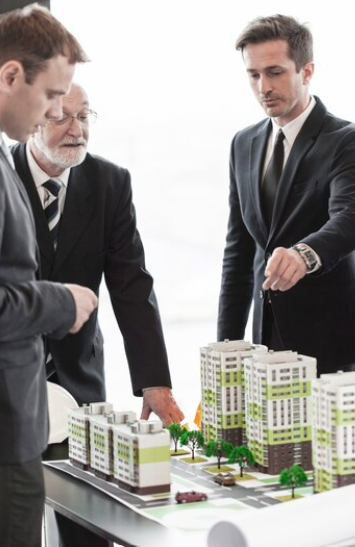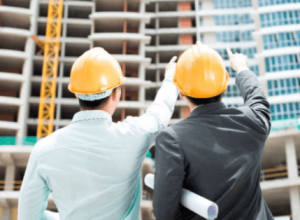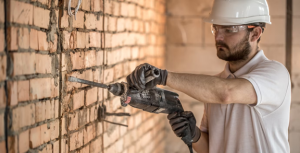
Building a property involves a multifaceted process that requires attention to detail, careful planning, and effective management. Whether working on residential, commercial, or industrial projects, property builders play a crucial role in shaping communities and urban landscapes. In this blog post, we will explore the key responsibilities of a property builder, from initial project planning to the final touches.
1. Project Planning and Feasibility
The first step in any construction project is to assess its viability. Property builders must conduct feasibility studies to evaluate the potential success of a project. This includes analyzing market trends, potential risks, and opportunities. Builders must also take into account local regulations and zoning laws to ensure the project aligns with legal requirements.
2. Budgeting and Financial Management
Effective budgeting and financial management are essential for the success of any construction project. Property builders are responsible for developing a comprehensive budget that covers all aspects of the project, including materials, labor, permits, and other expenses. Monitoring and controlling costs throughout the project is crucial to avoid overruns and maintain profitability.
3. Design and Architecture Collaboration
Property builders work closely with architects and designers to bring a project to life. This collaboration involves translating design concepts into practical, executable plans. Builders provide insights into the feasibility of architectural ideas and help balance aesthetic goals with functional requirements. They also ensure that the project complies with building codes and safety standards.
4. Procurement and Resource Management
Procuring materials and managing resources efficiently is a key responsibility of property builders. They must source high-quality materials at competitive prices and maintain a reliable network of suppliers. Proper resource management ensures that construction progresses smoothly, with the right materials available at the right time.
5. Construction Management
Construction management is the heart of a builder’s responsibilities. This involves coordinating various aspects of the project, from scheduling tasks and managing subcontractors to overseeing quality control and safety measures. Builders must keep projects on track and within budget while ensuring that work meets the desired standards.
6. Communication and Collaboration
Effective communication is essential for successful construction projects. Property builders must maintain open lines of communication with clients, architects, engineers, and subcontractors. Clear communication helps avoid misunderstandings, resolve issues promptly, and keep all parties informed of progress and changes.
7. Quality Assurance and Compliance
Property builders are responsible for maintaining high standards of quality throughout the construction process. This includes conducting regular inspections to ensure work meets specifications and safety regulations. Builders must also stay updated on industry standards and best practices to deliver projects that meet or exceed client expectations. Check out the flats in Mogappair west for the best quality residential properties.
8. Client Relationship Management
Building strong relationships with clients is vital for property builders. This involves understanding clients’ needs, preferences, and budgets. Builders must provide transparent updates on project progress and address client concerns promptly. Satisfied clients can lead to repeat business and positive word-of-mouth referrals.
9. Risk Management and Problem Solving
Construction projects often face unexpected challenges and risks. Property builders must be adept at identifying potential issues and devising strategies to mitigate them. Quick problem-solving and adaptability are essential skills for maintaining project momentum and delivering successful outcomes.
10. Post-Construction Follow-Up
Once construction is complete, property builders continue to play a role in the post-construction phase. This may involve addressing any defects or issues that arise during the warranty period. Builders may also provide support with maintenance and repairs, ensuring that clients are satisfied with the final product.
Conclusion
Property builders have a wide range of responsibilities that extend beyond simply overseeing construction. Their role encompasses project planning, financial management, design collaboration, resource management, construction oversight, communication, quality assurance, client relationship management, risk management, and post-construction follow-up. Through their dedication and expertise, property builders contribute to the creation of thriving communities and well-built environments.





